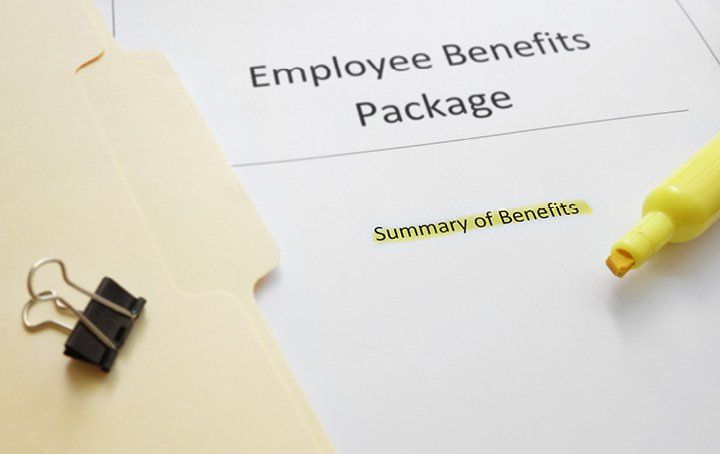
Getting around to your taxes soon? The ATO has revealed the most common mistakes taxpayers tend to make at tax time, with thousands of lodgers caught out every year. Don't be one of them! Stay ahead of the ATO by knowing the traps and seeking expert help when you're in doubt.
It's tax time, and as with every year the ATO is warning individuals to take care with their returns. But did you know that the ATO is using increasingly sophisticated data analytics to detect problem claims? It's more important than ever to get it right. Here are the top four mistakes the ATO says you should be avoiding:
1. Lodging before you have all of your income data
Have you confirmed your income from all sources? The ATO says taxpayers who lodge early are more likely to submit incomplete data that requires correction later – and a tax bill – when the ATO eventually uncovers this.
The ATO matches data with a wide range of third parties including banks, sharing economy platforms, rental property managers, cryptocurrency exchanges and share registries. This may take place several months after you've lodged your return.
If you do realise you've made a mistake or omitted income, you should tell the ATO promptly. In cases where penalties might apply, it will generally work in your favour if you voluntarily came forward about the undisclosed income. The ATO recommends waiting for your original return to be processed and your notice of assessment to be issued before lodging your amendment. This can be lodged by you or your tax agent.
2. Getting work-related deductions wrong
Work-related expenses are some of the most popular deductions claimed, but the rules can be tricky. While there are some general principles that apply – such as only claiming for the work-related portion of an expense and not for any portion relating to personal use – the ATO has specific guidelines in place for all the different categories of expenses.
Clothing, self-education, home office expenses and travel all have detailed rules about what you can claim, how to calculate your claim and what records you must keep. For this reason, the ATO cautions against relying on advice from friends and colleagues as to what you can claim. Getting help from a professional tax adviser is the best way to ensure you not only get your work-related claims right and avoid trouble with the ATO, but also obtain the maximum deductions you're entitled to.
3. Not keeping receipts
Generally, you must keep adequate records to support your claims, including receipts. In some cases, you're exempted from having to keep receipts (eg for clothing claims under $150). However, the ATO can still ask you to explain how you calculated your claim.
The ATO's "myDeductions" app helps taxpayers to track their expenses, record their work-related car trips and store photos of receipts. When it's time to lodge your return, you can export and email the data (to your tax agent or to yourself) and you can also upload the data to prefill your tax return, which your tax agent can also access through their online portal.
4. Claiming expenses you never incurred
In order to claim a deduction, you must have spent the money. Even though the ATO has some relaxed rules where you aren't required to keep receipts up to a certain threshold, the ATO can still ask questions to verify whether you actually incurred the expense. As the ATO stresses, there's no such thing as an "automatic" deduction.
You also can't claim expenses that your employer has reimbursed you for. If you receive a specific allowance (eg for clothing) you must generally declare that allowance in your tax return, and you can then deduct the expenses you actually incurred.
Need help?
Don't risk headaches with the ATO – get the tax professionals on side. Talk to us today for expert assistance and keep your tax time as stress-free as possible.















